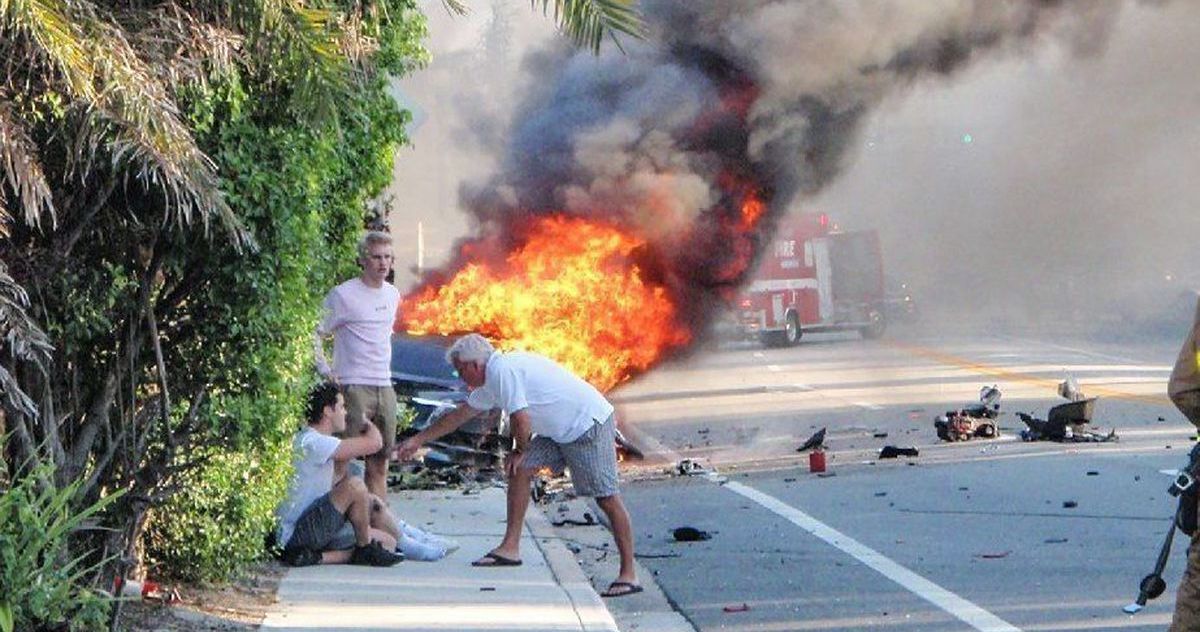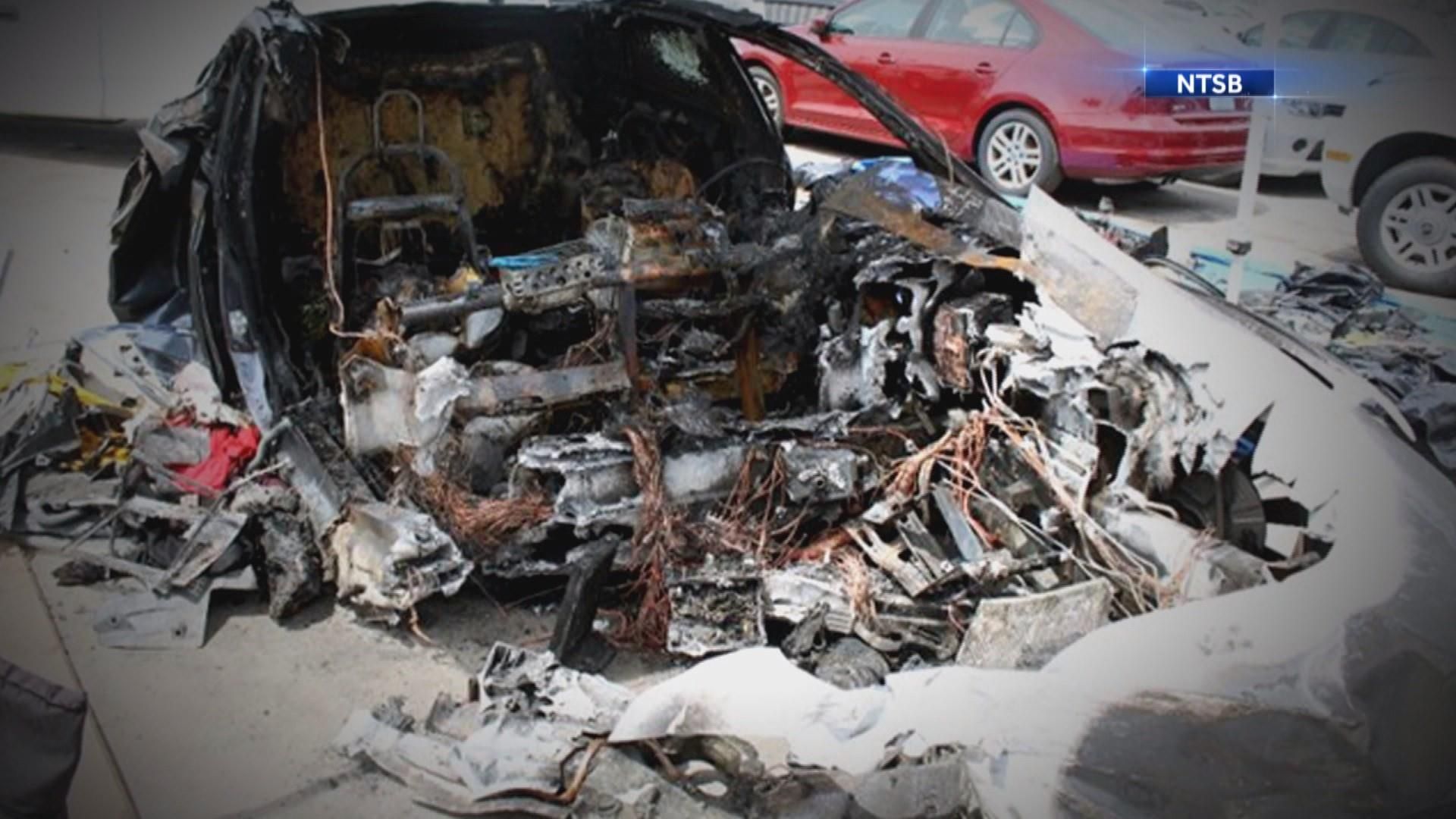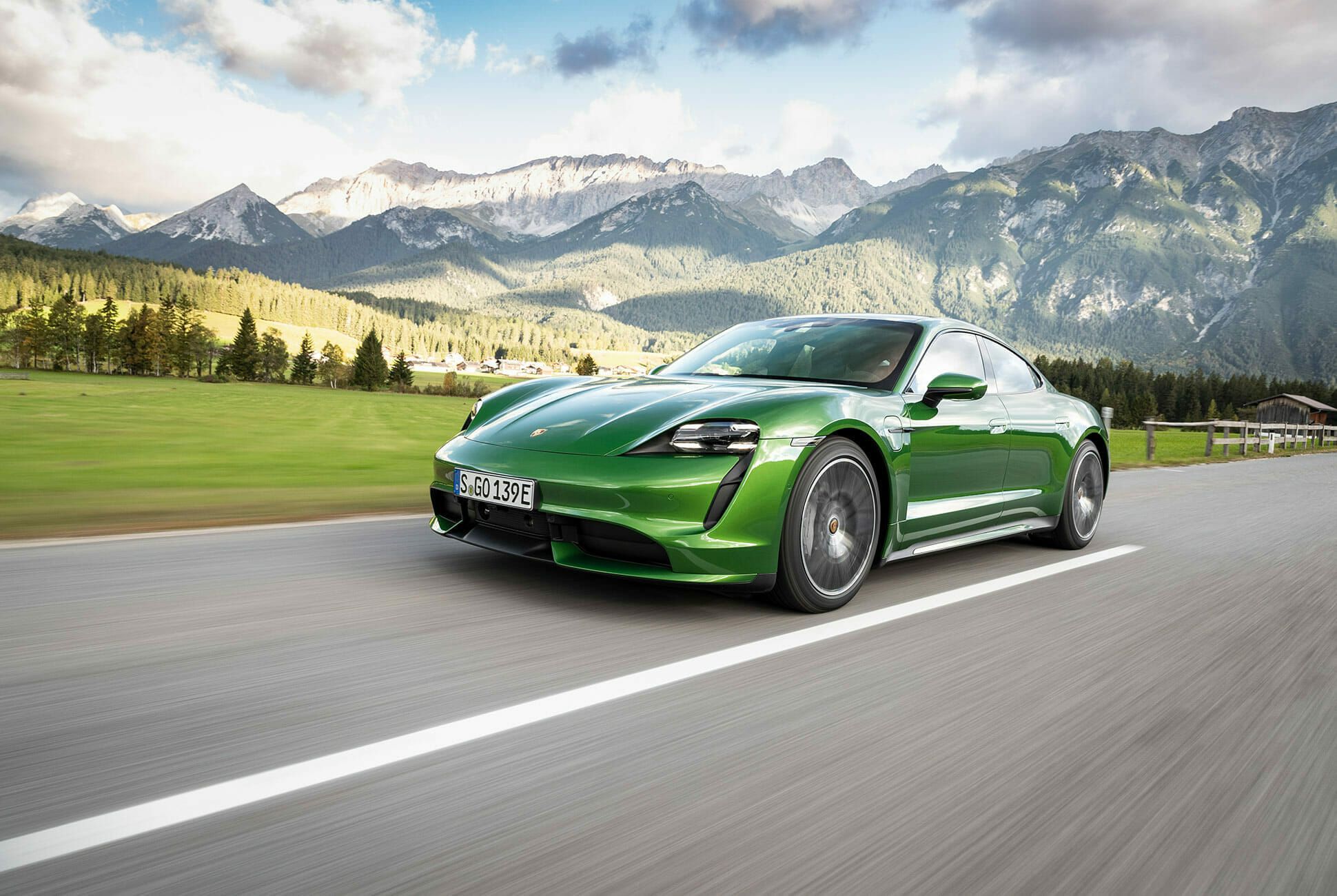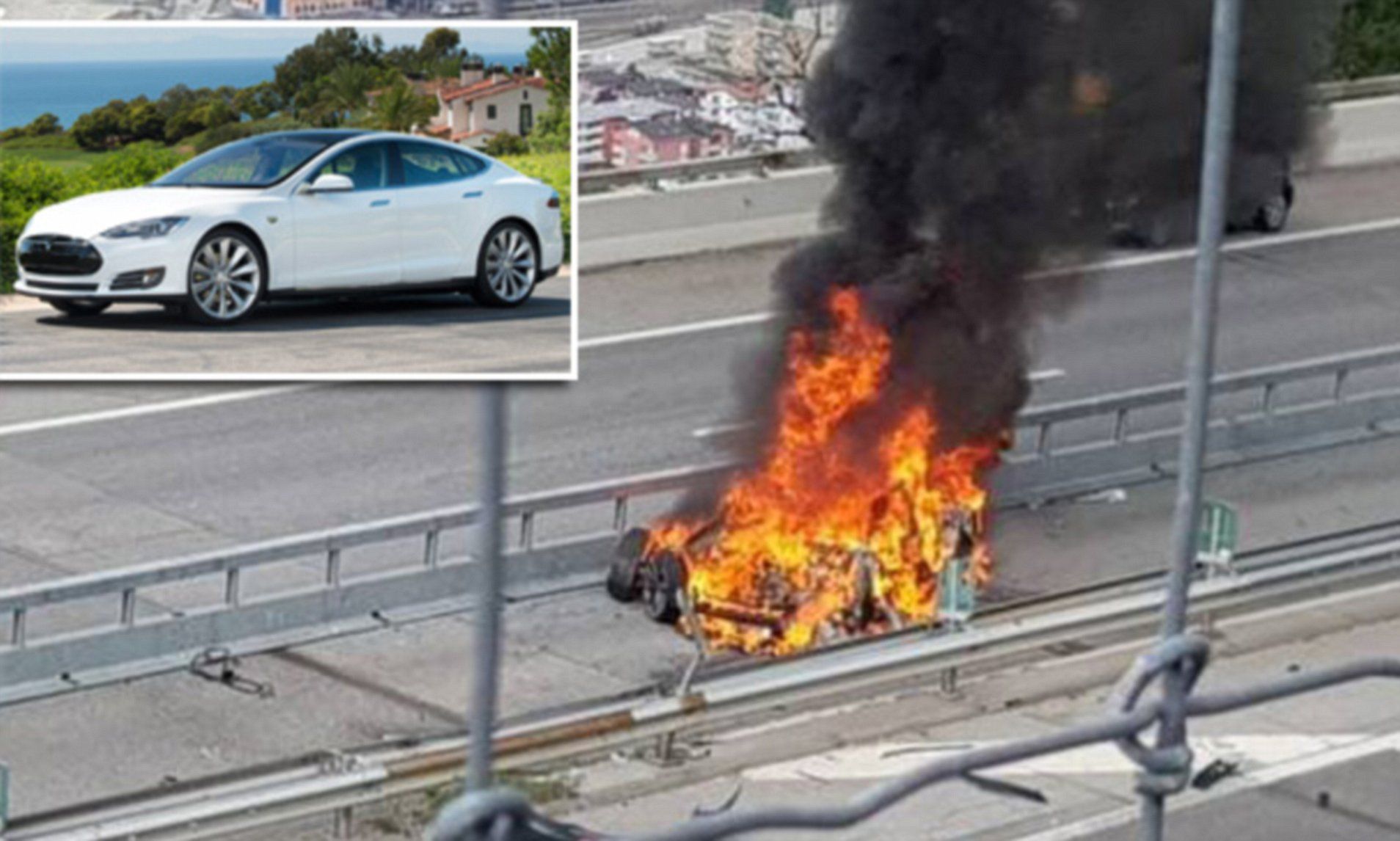On October 8, 2019, James Riley, the father of 18 year old teen Barrett Riley killed in a Tesla Model S crash and fire in 2018, filed a lawsuit against Tesla Motor Cars based on negligence and liability in Santa Clara County, California. The suit follows on the heels of a similar action filed by the parents of passenger Edgar Monserrat also killed in the accident.
According to police, teens Barrett Riley and Edgar Monserrat were driving 116 mph in Riley's father's 2014 Tesla Model S in Fort Lauderdale, Florida. Riley lost control of the car while trying to negotiate a curve slamming headlong into a concrete wall.
The suit alleges that Riley and Monserrat were killed not as a result of the crash, but the ensuing fire due to "thermal runaway" stemming from defective lithium-ion battery design. Additionally, the suit contends that Tesla mechanics failed to properly install a speed limiter preventing the car from exceeding 85 mph. But for the unsafe design of the battery pack and failure to install the limiter properly, Riley argues, his son would still be alive.
The suit cites some very persuasive evidence. First, it notes that the limiter was not properly installed as per the specific directives of James Barrett after Riley received a speeding ticket. Second, despite the excessive speed, the autopsy report clearly show that Barrett did not suffer any injuries to his head, torso or vital organs. Riley and Monserrat were completely consumed by flames.
And lastly, the National Transportation Safety Board (NTSB) Preliminary Report shows that even after the fire was initially extinguished the battery reignited while being transported from the crash scene. This last point in particular has been the subject of controversy with some very high profile Tesla battery fires.
This is one of the reasons Porsche decided to go with an 800 volt system in their new Taycan. Without going too in depth into the design, engineering and manufacture of the competing systems - we'll save that for another day - Porsche argues, quite convincingly, that their system is cooler, safer and more consistent.
Tesla responded both immediately after the crash and filing of the suit blaming the sheer force and speed of the accident for the deaths of Riley and Monserrat. According to Tesla, "...no car could have withstood a crash of this kind." They also argued that Riley's unsafe operation of the vehicle and speed was the proximate cause of the incident and their deaths.
How this will play out in the press and courtroom is anybody's guess. As a former practicing attorney, I constantly bemoaned the backlogged docket of the courts. Negligence and liability claims involving complicated and obscure technologies with deep pocketed corporations also tend to gobble up time with years of discovery and delays. If I had to wager, however, I'd guess a quiet (and fat) payout will be made down the line with a lengthy non disclosure agreement. Elon's got enough problems after all. Buckle up!
(via Daily Mail, New York Post, New York Daily News)




